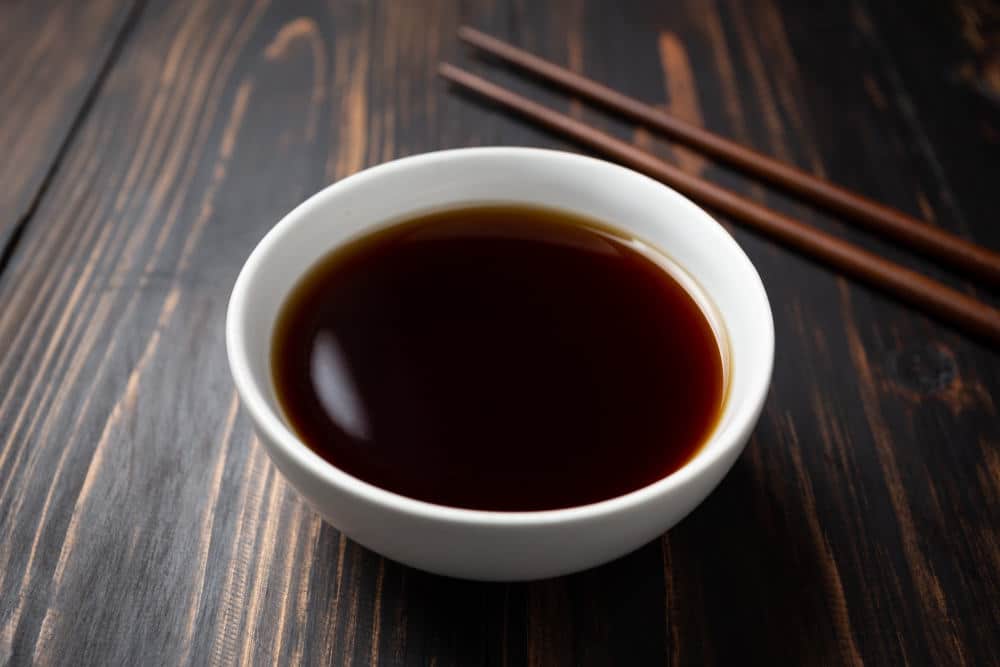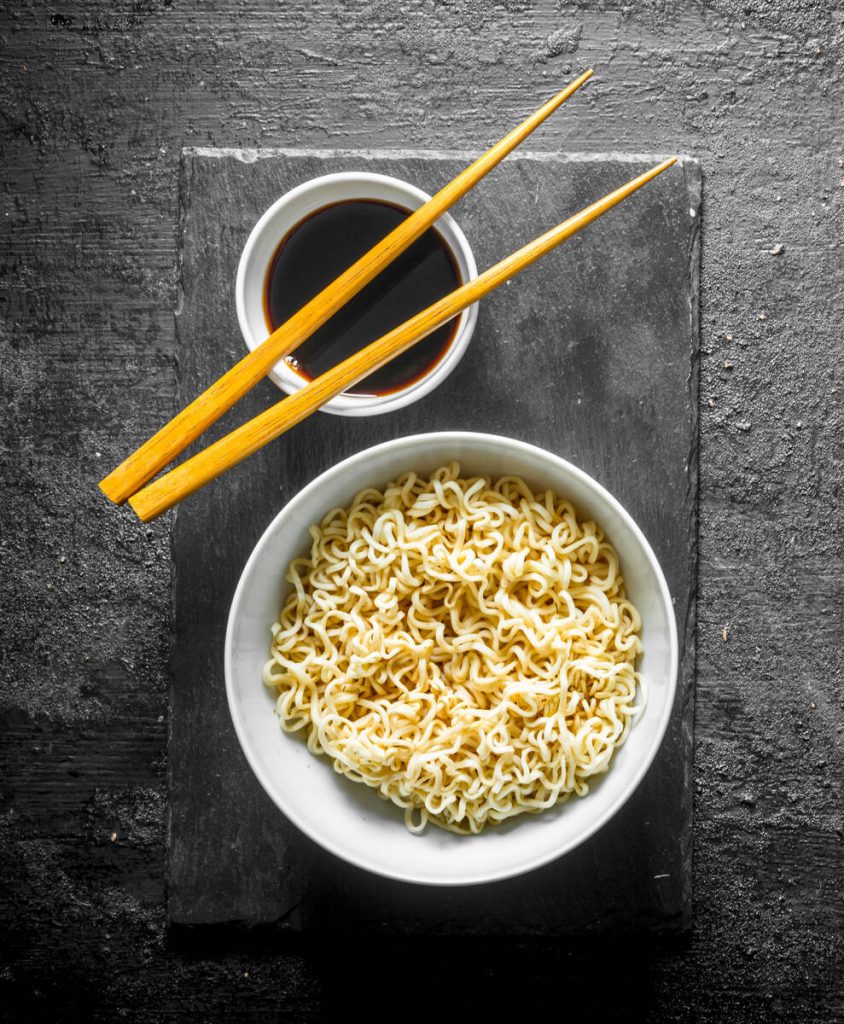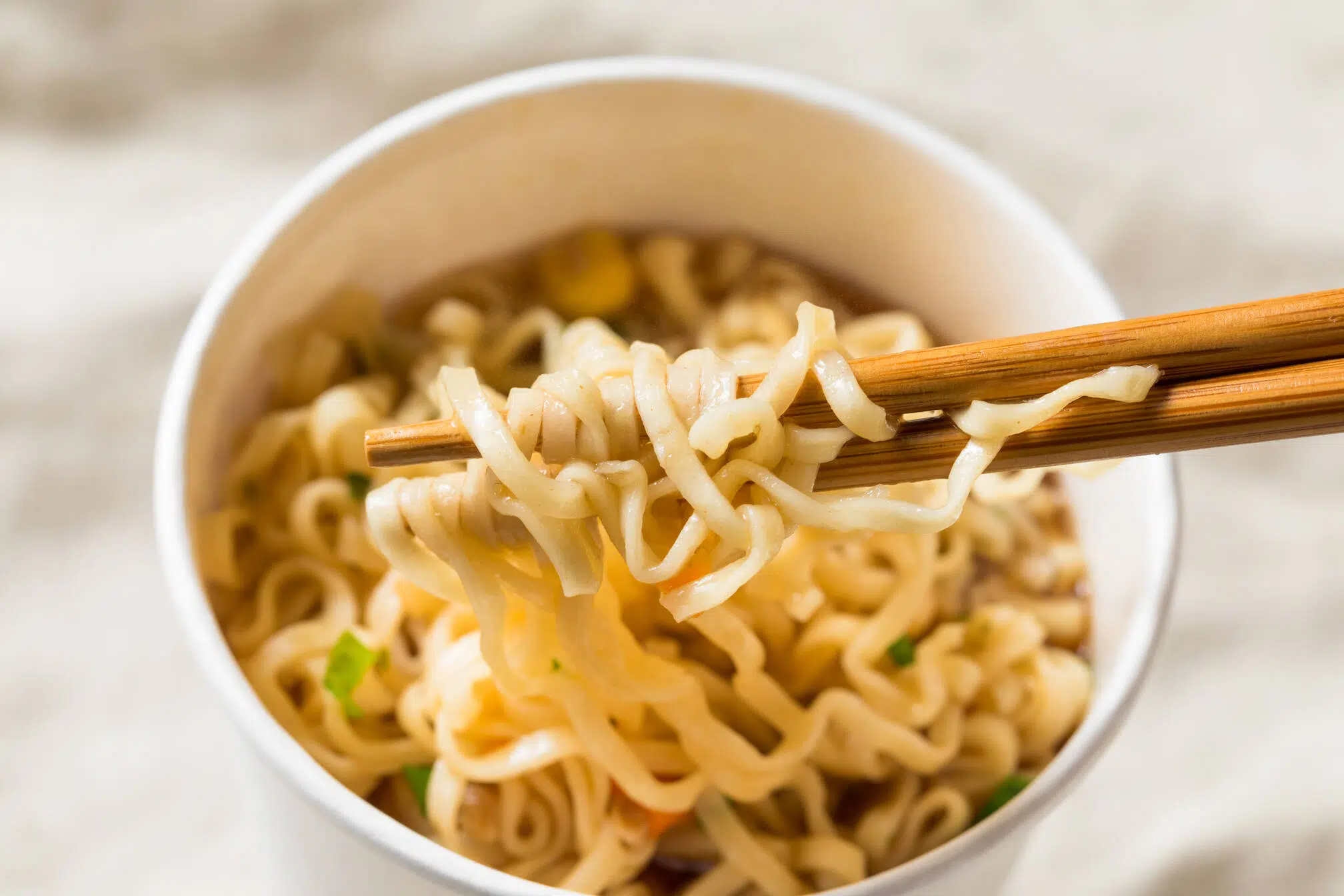Does Ramen Expire – How Long Is The Shelf Life?
Important Note: When you buy through our links, we may earn a commission. As an Amazon Associate we earn from qualifying purchases. Content, pricing, offers and availability are subject to change at any time - more info.
Ramen noodles are a staple in many households. However, with the influx of newer instant noodle products on the market, many people have forgotten about this popular meal and its shelf life. There is no denying that Ramen noodles do expire; however, it turns out you can still eat them for quite some time after they expire. The best way to make sure your noodles don’t go bad too quickly is by not cooking them all at once and storing them properly.
A Brief History of Instant Noodles
Instant noodles are dried noodle blocks or strips that you can prepare in two minutes or less. Momofuku Ando invented the instant noodle (born Go Pek-Hok) in 1958 and marketed them in Japan as Chikin Ramen. Ramen noodles are made of powdered wheat flour, salt, water, and MSG. They’re ready-to-eat noodles packed with fiber, protein, vitamins, and essential minerals. Other than being microwaveable, no special equipment or cookware is needed, meaning anyone can make these tasty, snack-sized meals that are great for lunch or dinner.
In addition to a delicious taste, Ramen noodles are a source of protein because of the wheat flour and MSG. While there’s nothing wrong with eating expired, you should be aware of a few things. The noodles will lose their flavor and their crispiness. It’s better to eat them before they lose their flavor and texture.
Understanding the Shelf Life of Instant Noodles
It is frustrating to have a bag of them expire before you get around to eating them, and it seems like the dates on the packages change as soon as you turn your back. But how long do instant noodles last? How can you tell if your favorite snack is still good to eat?
First off, we need to understand what “expired” means concerning ramen noodles. Usually, companies calculate the expiration date for instant noodles from the manufacturing date. For bagged noodles, that would be 8 months, while cups of instant noodles have a 6 months shelf life from the manufacturing date.
One caveat: While there’s nothing wrong with eating expired, you should be aware of a few things. The noodles will lose their flavor and their crispiness. It’s better to eat them before they lose their flavor and texture.
You can still eat expired noodles up to 3 months after the expiration date. The ultimate rule is that, if there is mold, a strong odor or discoloration, it’s best to toss the pack and have some lentil soup instead.
Ingredients That Shorten the Shelf Life of Ramen

The shelf life of ramen noodle soup is affected by more than just how long you store the product. Several ingredients in the soup and the noodles themselves can shorten the time before you throw them out.
The flavor packet can affect the expiry of the noodles. Instant noodles last long because the noodles and flavor packet undergo a dehydration process. There are two ways that ingredients can shorten the shelf life: adding flavor or changing the texture. So what ingredients make this happen? Let’s start with fat-based seasonings like soy sauce or butter. These fats will spoil quickly due to being hydrophobic (meaning they do not mix well with water) and separate from the liquid.
Anything that has a shelf life listed on the package, such as salt, sugar or corn syrup, will shorten the time the noodles will keep in the pantry. You may also be able to extend the life of your ramen by doing some research to find out what ingredients will shorten the expiration date. One example is soy sauce, which can expire due to an overly high pH level. Other ingredients like asparagus, mushrooms, and chicken will spoil because of spoilage. By checking the fine print on the product’s packaging, you can figure out what ingredients in your ramen package might shorten the shelf life of your noodles. As an additional tip, you may also be able to extend the life of your ramen by giving it a few rinses.
Water or moisture can also make stored ramen go bad faster. Since the dehydration process gives noodles longevity, it stands to reason that they will start to spoil and mold when they come into contact with water. To avoid this, store your noodles in air-tight, plastic containers away from direct sunlight. Make sure to keep the container away from humid areas to preserve the shelf life.
Packaging and Storage Affect the Shelf Life
Noodles come in different packaging styles; some in cups, while others come in bags. Packaging and storage can increase the shelf-life of the noodles. For example, sealed cups of plain noodles will last longer than a packet because the ingredients are more secure and less prone to tearing. This will prevent any flavorings from leaking out, which would shorten the shelf life. A few final tips: to reduce the risk of spoilage, make sure you store your noodles in a cool and dry place. Also, it’s best to consume them as soon as possible after opening.
Ramen noodles are made of powdered wheat flour, salt, water, and MSG. They’re ready-to-eat noodles packed with fiber, protein, vitamins, and essential minerals. In addition to a delicious taste, Ramen noodles are a source of protein because of the wheat flour and MSG in them. Cooking ramen noodles is very easy and can save you quite a bit of money if you learn to cook them correctly.
Bottom line, use your eyes and nose to see if Ramen is expired.

Understanding when to discard expired ramen can help you and your family safely consume foods. It can also give you peace of mind when it’s truly time to toss an expired packet. When bulk buying ramen, look at the ingredients list, expiration date and packaging carefully. Paying a little extra for a more durable packet or cup can help you save in the long run.
Use your nose and eyes to ultimately tell if ramen is past it’s prime. If you see bugs, mold, black specs or it smells different or has a different color in any way, toss it. When it doubt, throw it out.
























